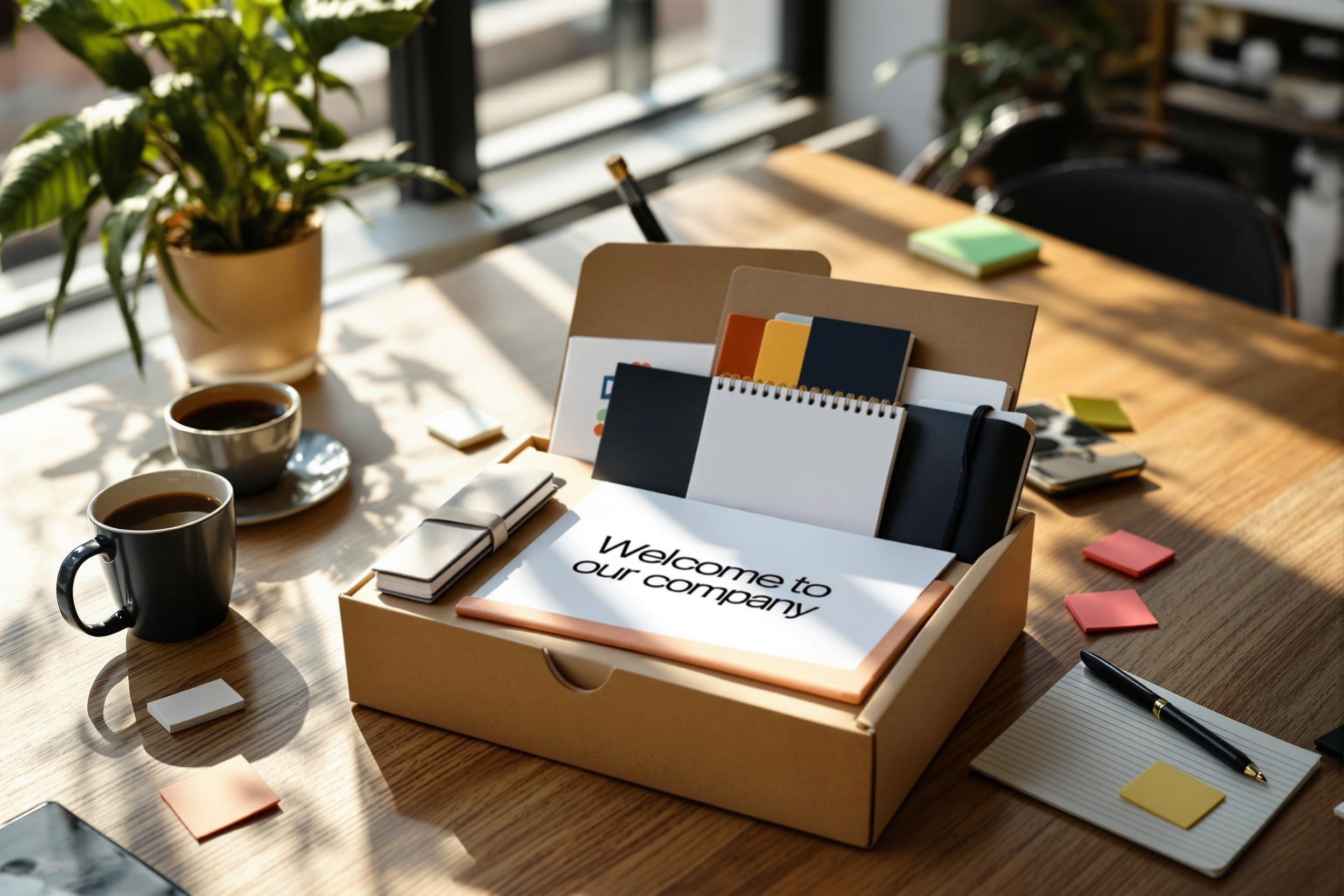
Primer
A primer is a special type of paint that is applied before the main paint coat. It's like preparing soil before planting - it creates the right foundation for the final paint to stick better and last longer. Painters use primers because they help paint adhere better to surfaces, cover stains, and create a more even finish. Different types include wood primers, metal primers, and wall primers. When someone mentions primer in their work experience, they're talking about this preparatory coating that's essential for quality painting work.
Examples in Resumes
Applied Primer and paint systems on commercial buildings following manufacturer specifications
Specialized in selecting and applying Primers for various surface types including wood, metal, and drywall
Trained junior painters in proper Primer application techniques and surface preparation
Typical job title: "Painters"
Also try searching for:
Where to Find Painters
Professional Organizations
Online Communities
Job Boards
Example Interview Questions
Senior Level Questions
Q: How do you determine which type of primer to use for different surfaces and conditions?
Expected Answer: A senior painter should explain how they assess surface materials (wood, metal, drywall), environmental conditions, and final paint type to choose the appropriate primer. They should mention experience with solving complex surface problems.
Q: Tell me about a challenging priming project you managed and how you handled it.
Expected Answer: Should demonstrate leadership in problem-solving, such as dealing with difficult surfaces, weather conditions, or tight deadlines while maintaining quality standards.
Mid Level Questions
Q: What are the key factors you consider when preparing a surface for priming?
Expected Answer: Should discuss cleaning, sanding, filling holes, removing loose material, and checking moisture levels before primer application.
Q: How do you ensure proper primer coverage and drying time?
Expected Answer: Should explain how to check primer thickness, recognize proper coverage, and understand environmental factors affecting drying time.
Junior Level Questions
Q: What safety precautions do you take when working with primers?
Expected Answer: Should mention basic safety equipment like masks, gloves, proper ventilation, and following manufacturer safety guidelines.
Q: How do you clean up and maintain your primer application tools?
Expected Answer: Should describe proper cleaning procedures for brushes, rollers, and spraying equipment, and proper disposal of primer materials.
Experience Level Indicators
Junior (0-2 years)
- Basic surface preparation
- Primer application techniques
- Tool maintenance
- Safety procedures
Mid (2-5 years)
- Different primer type selection
- Problem surface handling
- Equipment operation
- Quality control
Senior (5+ years)
- Project management
- Team supervision
- Complex surface solutions
- Client consultation
Red Flags to Watch For
- No knowledge of different primer types and their uses
- Unfamiliarity with surface preparation techniques
- Poor understanding of safety requirements
- Lack of experience with various application methods
Related Terms
Need more hiring wisdom? Check these out...

A Beginner's Guide to Implementing an Applicant Tracking System

Micro-Internships: The Game-Changer in Project-Based Learning

Reducing Time-to-Hire: Practical Strategies Using AI Tools

